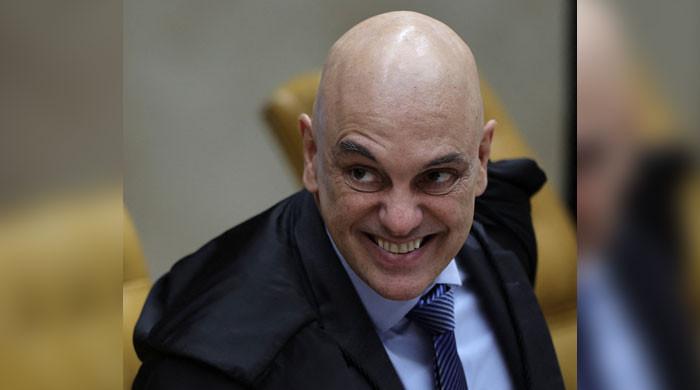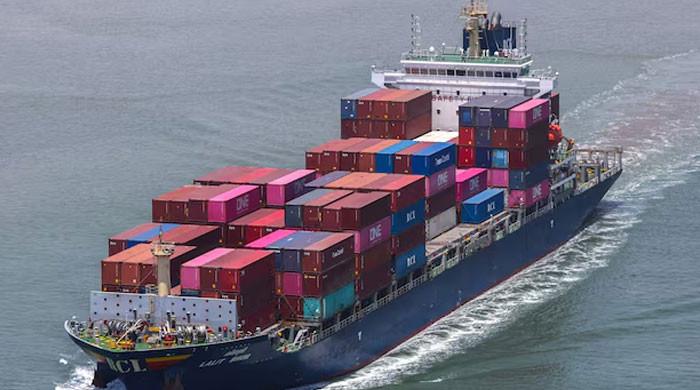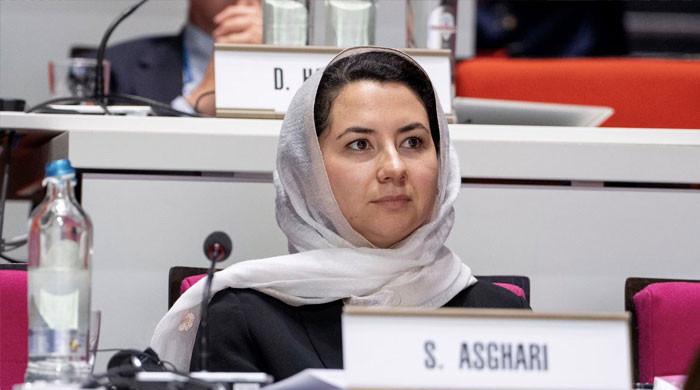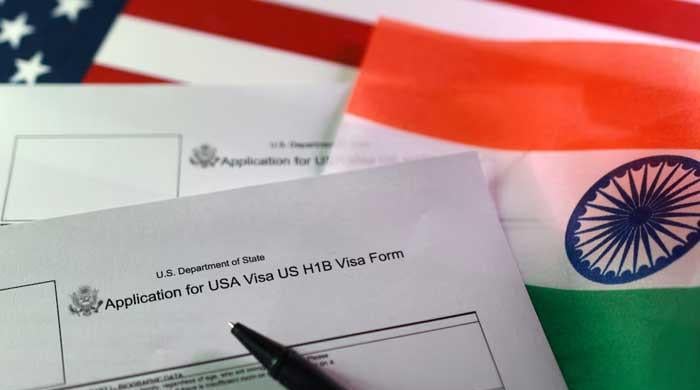Pregnant Kate Cox leaves Texas as Supreme Court rejects abortion exception
Kate Cox argues that continuing the pregnancy posed risks to both her health and future fertility
December 12, 2023

A pregnant Texas woman, Kate Cox, grappling with a fetus diagnosed with trisomy 18, a condition with low survival rates, has left the state to seek an abortion elsewhere after the Texas Supreme Court rejected her unprecedented plea, marking the first legal test since the overturn of Roe v Wade.
Cox, a 31-year-old mother of two from Dallas, argued that continuing the pregnancy posed risks to both her health and future fertility. Trisomy 18, characterised by an extra copy of chromosome 18, often leads to miscarriage or stillbirth with a low survival rate.
Cox's lawsuit highlighted that inducing labour could risk uterine rupture due to prior caesarean surgeries, putting her ability to have another child in jeopardy.
Texas's abortion ban allows narrow exceptions only when the life of the mother is in danger, excluding cases of fetal anomalies. Attorney General Ken Paxton contended that Cox hadn't demonstrated that her complications reached the threshold of threatening her life, emphasising that the only question was whether her condition met the exception.
The state's strict abortion laws, including potential legal consequences for doctors providing abortions and civil lawsuits from private citizens, added complexity to Cox's situation. Despite Paxton's warnings and efforts to restrict women from leaving the state for legal procedures, Cox sought relief elsewhere.
The legal battle raised concerns about the subjective nature of determining whether a pregnant person's life is at risk and the challenges faced by doctors operating in a legally restrictive state.
The debate over abortion access, women's health outcomes, and the impact on physicians unfolds against the backdrop of Texas's stringent abortion regulations. The case of Kate Cox underscores the ongoing complexities and controversies surrounding reproductive rights in the state.









